By Wu Xinru
(ECNS)-- As the Belt and Road Initiative(BRI) marks its 10th anniversary, political leaders from worldwide gathered in Beijing to discuss the achievements of the Initiative and draw a blueprint for its future development.
Thailand is one of the participating countries of the BRI. Nalinee Taveesin, chairperson of Foreign Affairs of Pheu Thai Party joined a recent exclusive interview with China News Network where she applauded the contribution the BRI made to participating countries in the past decade. She said that countries are interconnected through this initiative and have a strong momentum for future cooperation and development.
Inner-connectivity empowers common development
"Over the past decade, the Belt and Road Initiative (BRI) has achieved significant milestones as we all know, it has fostered infrastructure development and economic growth across Asia, Europe, Africa, and beyond, which enables future cooperation," said Taveesin.
She mentioned the intensified connectivity between China and Laos under the BRI and looked ahead to the potential that will come up from the connectivity that goes down towards South Asia or further, benefiting people of participating countries.
The BRI can connect Thailand with other countries and enhance exchanges between them, said Taveesin.
Sustainable development showcases great potential
The BRI has been committed to stimulating the development of green infrastructure, investment, and financing in participating countries. Taveesin also holds that sustainability is a very important area. According to her observation, the Chinese government has already clarified and strengthened the BRI guidelines to fulfill the goal of building a green Belt and Road. The transformation from vision to action has made her all the more confident that the future BRI projects will be in conformity with the green and sustainable development concepts.
Furthermore, she paid tribute to China's energy-related engagement. She said, "I think this is an important thing that the solar, wind or hydro energy that China is focusing on is an important area that I believe is the future as well." What is satisfying to see is that participating countries are all moving toward sustainability, noted Taveesin.
"Many smaller projects have been financed in modest difficult economic circumstances as well to boost economic development. I think this concern also has been included in the projects as well," she pointed out.
Cultural and people-to-people exchanges make steady progress
In international relations, close and friendly people-to-people exchanges can lay a solid public and social foundation for bilateral and multilateral cooperation. This also holds true when it comes to the Belt and Road Initiative, suggested Taveesin.
She introduced various cooperation projects launched under the BRI framework, involving culture, tourism, education, think tanks, poverty alleviation, epidemic prevention, and other fields. In her eyes, all these have brought people from different countries closer together and deepened mutual understanding in different fields.
Take cooperation in education as an example. It was briefed that China has signed agreements with other BRI countries to be well-connected on the mutual recognition of the academic certificates and degrees of higher education. Chinese universities have also launched academic programs in partnership with local institutions in the BRI countries. These, she noted, "are really important efforts that have taken a big milestone."
Tourism is another field that has displayed multiple fruits of Cooperation between China and Thailand and other BRI participating countries. Activities like the Year of Culture and Tourism have promoted cooperation while other art, film, music festivals and more grassroots interactions bring together diverse cultures. "They enhance mutual understanding and deepen the friendship," concluded Taveesin.








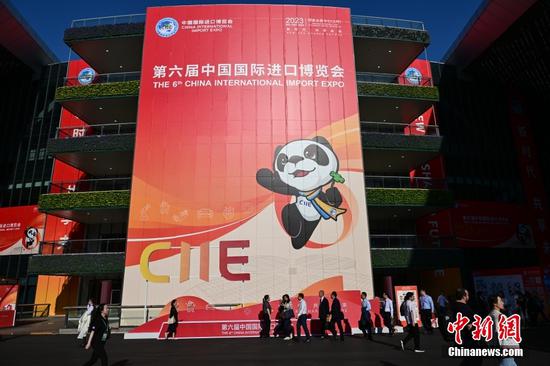
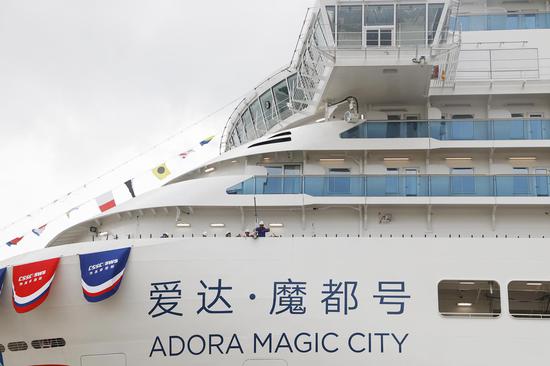

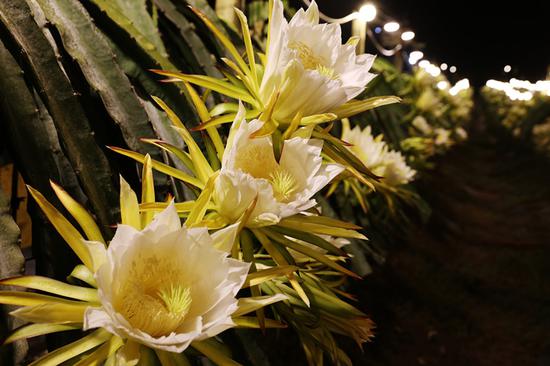
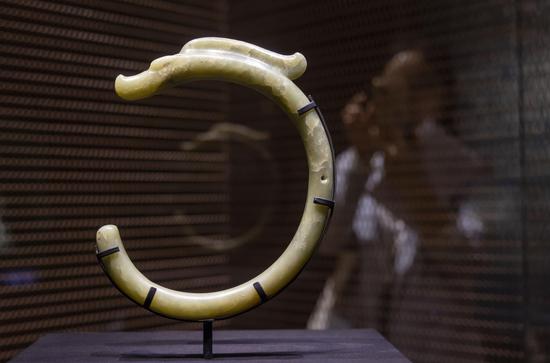
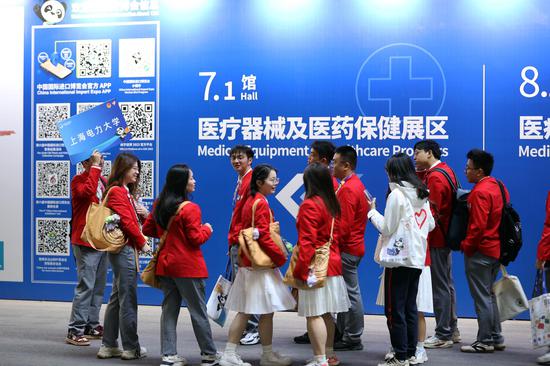

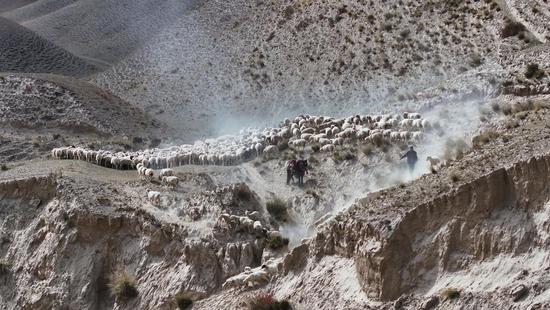
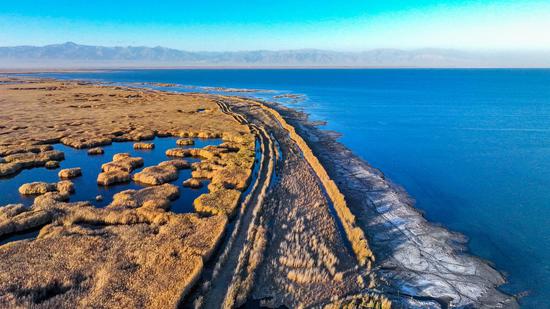

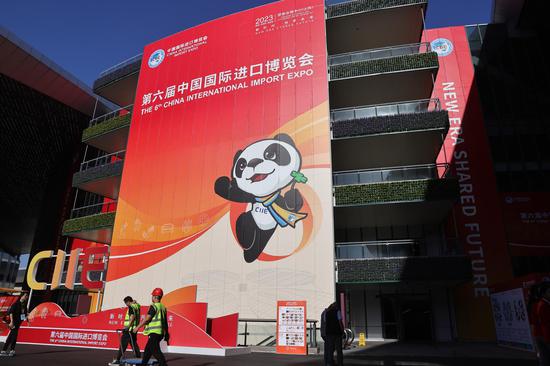
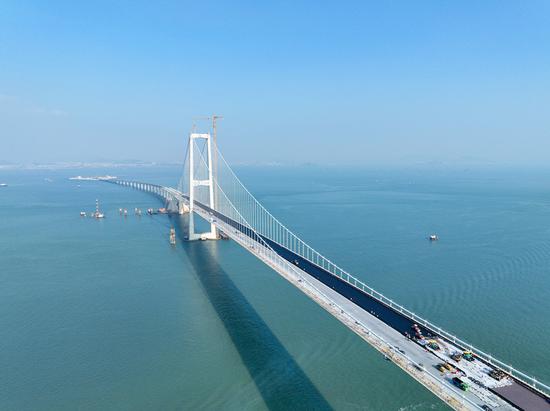



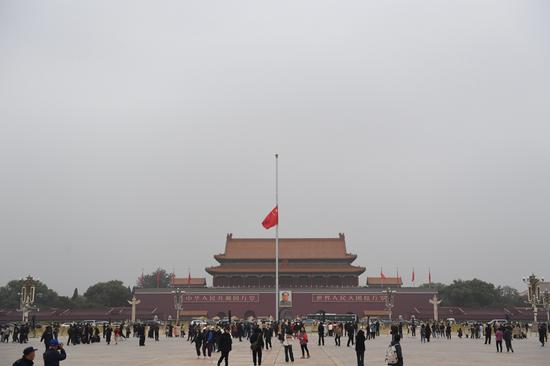
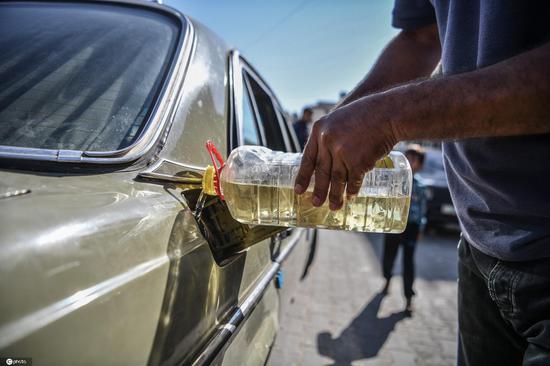
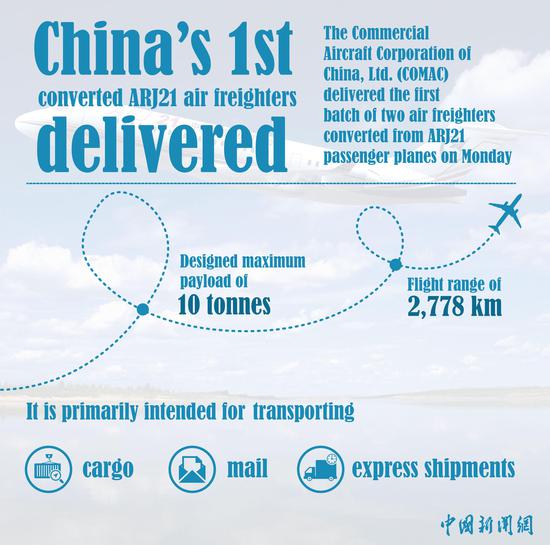

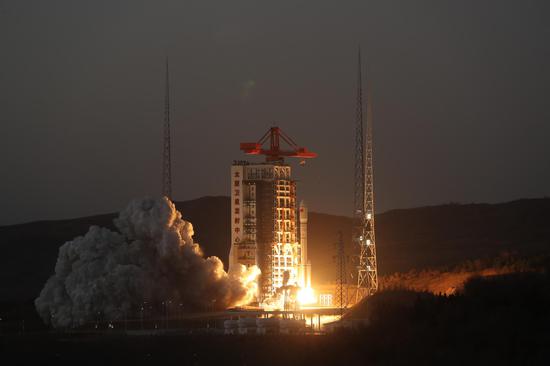
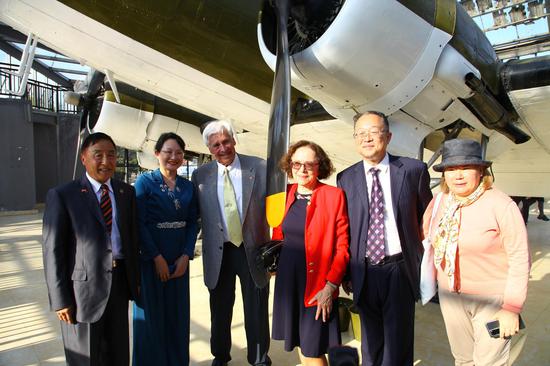



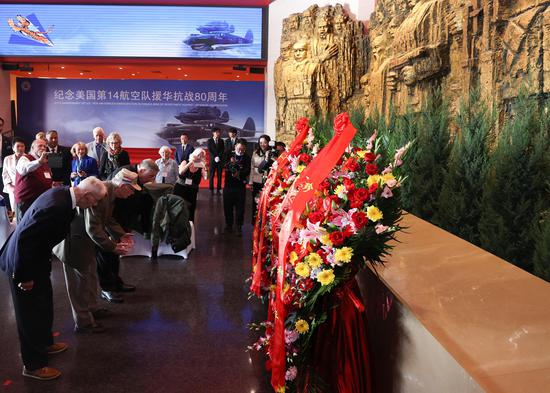
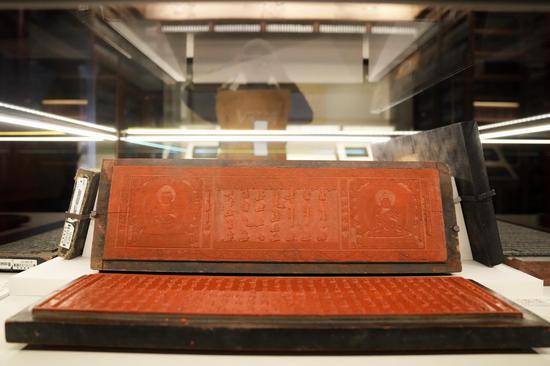

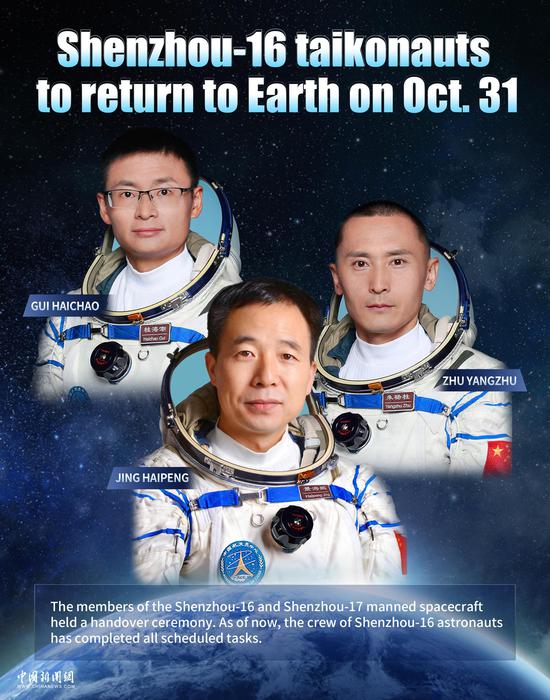


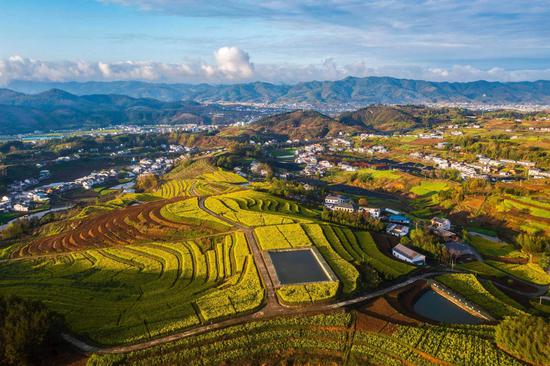
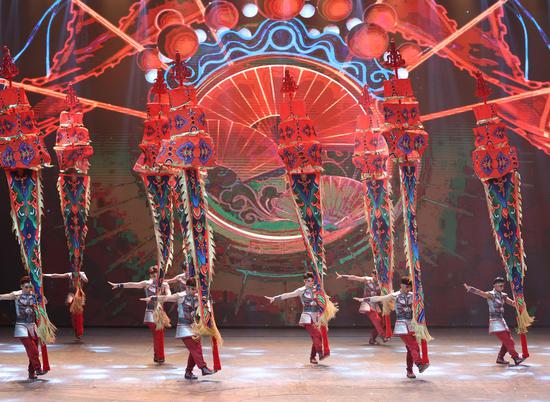
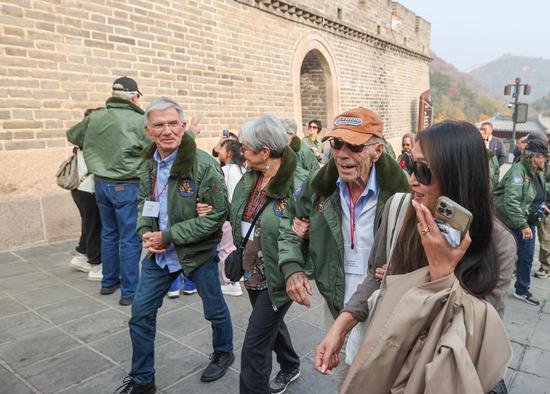


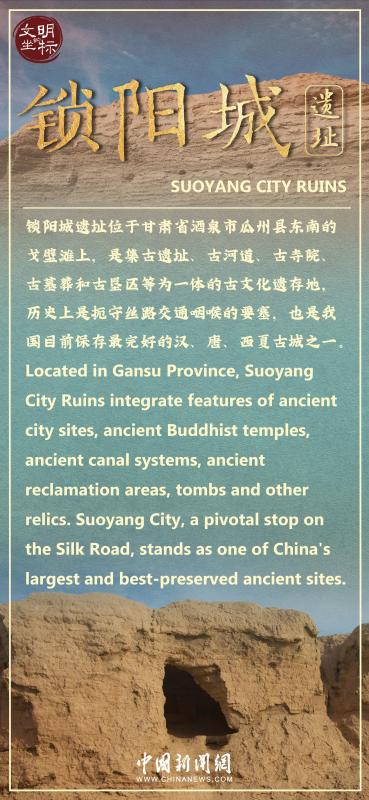
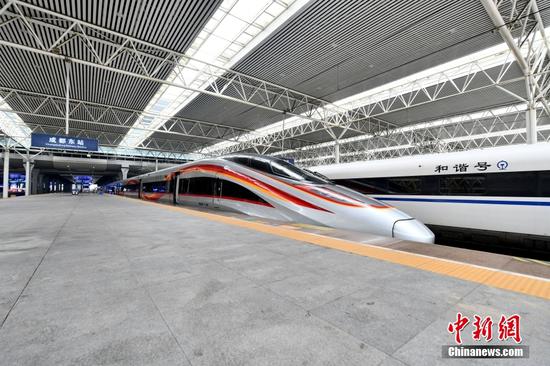





 京公网安备 11010202009201号
京公网安备 11010202009201号